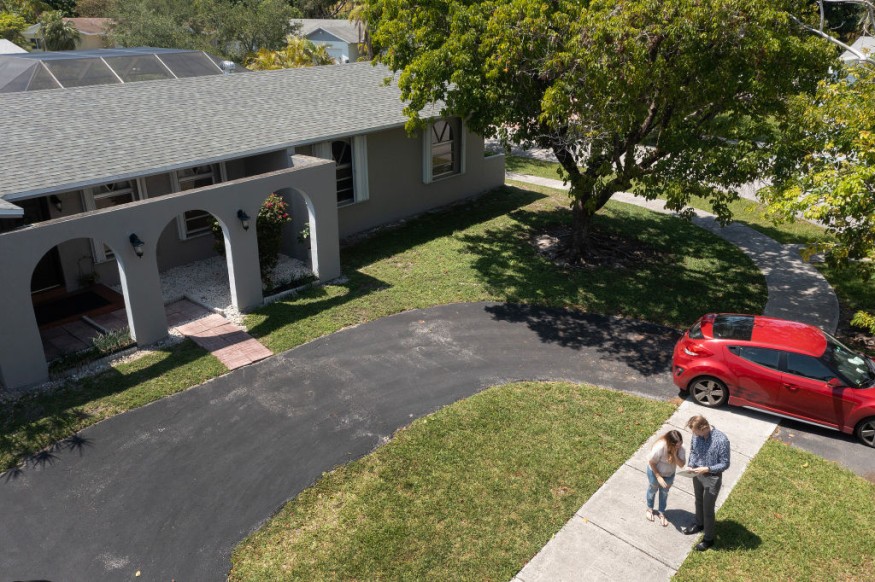
House hacking is a real estate strategy that's fast becoming popular today as home affordability dips amid high prices and interest rates.
As of August this year, homebuyers across the United States must earn $114,627 to afford a median-priced house, which costs an average of $420,000. In addition, Americans must now earn a six-figure income to buy a median-priced home in at least 50 U.S. cities. Bay Area residents, in particular, need to earn $400,000 to afford a home in their neighborhood.
With house prices spiking amid high interest and mortgage rates, many have turned to homeowners have turned to house hacking to be able to pay their mortgages and bills.
What Is House Hacking?
The term "house hacking" refers to the practice of purchasing a property, living in it, and renting out the rest of the home to generate income. Traditionally, house hacking was done on a multi-family property. However, house hacking can be done with any type of property, including condos and townhouses.
When done strategically, house hacking can help homeowners pay for their mortgage payments and other housing costs, including property taxes. In many cases, homeowners can also build wealth and reduce or eliminate their living expenses.
As an added bonus, house hacking helps the property value appreciate over time while homeowners are building equity in their homes.
House Hacking: By the Numbers
Assuming an individual has bought a property for $400,000 and was able to put down a 20% downpayment on a 3.5% 40-year fixed-term mortgage rate, that means your monthly mortgage payments would be around $1,400.
If the homeowner finds a tenant that agrees to pay $1,500 in monthly rent, that covers the entire mortgage. It also gives the homeowner $100 in monthly excess, which can then be used to pay for insurance, taxes, maintenance, and home repairs.
Homeowners who have more rooms to rent would also earn more. Assuming the house has three spare bedrooms rented out by tenants willing to pay $2,000 per month, that grants homeowners $4,600 in excess after paying for the mortgage.
Apart from earning money from rent, homeowners will also be able to increase their net worth and gain valuable experience-the latter being important if their goal is to eventually expand their real estate portfolio.



